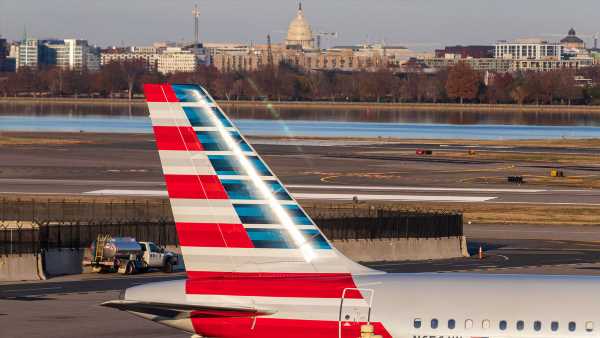ASTA looks to DOT for help in fare fight with American
ASTA has been clear in its position that American Airlines’ decision to remove some 40% of its content from GDS channels earlier this year was anticompetitive and bad for consumers and advisors alike.
But the Society has taken it a step further, saying in a complaint filed with the DOT that American should not only return all of its fares to legacy GDSs, which are powered by Edifact technology, but that the DOT should force the carrier to divest slots at several airports for competitive purposes.
ASTA said that American’s switch to NDC ticketing came too fast, to the detriment of travelers and travel agencies.
The Society went on to claim that the modern air travel industry in the U.S. is anticompetitive, with American holding a dominant position as one of the top four carriers in the country.
“Clearly, much more is at stake here than just a fight over new technology, as AA’s reckless implementation has served to further reduce competitive pressure on the airlines, a move that should be extremely concerning to the government,” ASTA said in the complaint to the DOT filed in September.
American’s formal response to the complaint is due Nov. 21, according to ASTA senior vice president and general counsel Peter Lobasso. While the carrier did not comment on the request to divest its slots, American reiterated in a statement that it was “disappointed by ASTA’s complaint and ongoing campaign to misrepresent American’s commitment to delivering a modern retailing experience for customers.”
The Society specifically asked the DOT to require American to divest slots at Washington Reagan National, JFK and LaGuardia airports “in an amount sufficient to restore meaningful levels of competition to the Washington and New York markets.” It also asked the DOT to consider revoking approval of antitrust-immune airline alliances.
“But for American Airlines’ dominant market position, a situation attributable in no small part to insufficient regulatory oversight, approval of an imprudent number of airline mergers and a grant of widespread antitrust immunity, it would not have the ability to effectively bludgeon an entire industry into adopting their NDC model on their terms and on their timeline,” ASTA said.
ASTA faults NDC timeline
While ASTA said the future of NDC holds promise, it also contends that the industry was not yet ready earlier this year to make the transition from Edifact. The Society said that despite several meetings with American during which it shared its concerns about the timeline of its NDC strategy, the carrier did not delay its implementation.
Starting in April, certain fare inventory became available only via NDC. According to AmTrav, which has been tracking American’s fare changes, 53% of the carrier’s fares were missing from non-NDC-enabled corporate booking tools in September, up from 36% in April. NDC fare savings averaged 12% in September.
ASTA contends that not only are fares in legacy GDS channels “substantially” higher than NDC fares, but they cannot be serviced at an acceptable level.
“We believe American has made a strategic decision to forsake short-term profits to achieve an even stronger anticompetitive business position long-term, one secured by denying access to fare inventory,” ASTA said in the complaint.
American, in its statement, pointed out that NDC has existed for years and that in 2022 one-third of agency bookings with the carrier were made using NDC connections.
“American has made huge investments to make travel agencies’ transition to NDC easier,” the airline said, including connecting NDC content to all three GDSs. “While some travel agencies have not yet connected, we have not withheld any information that would discourage or prevent comparison shopping.”
Source: Read Full Article



